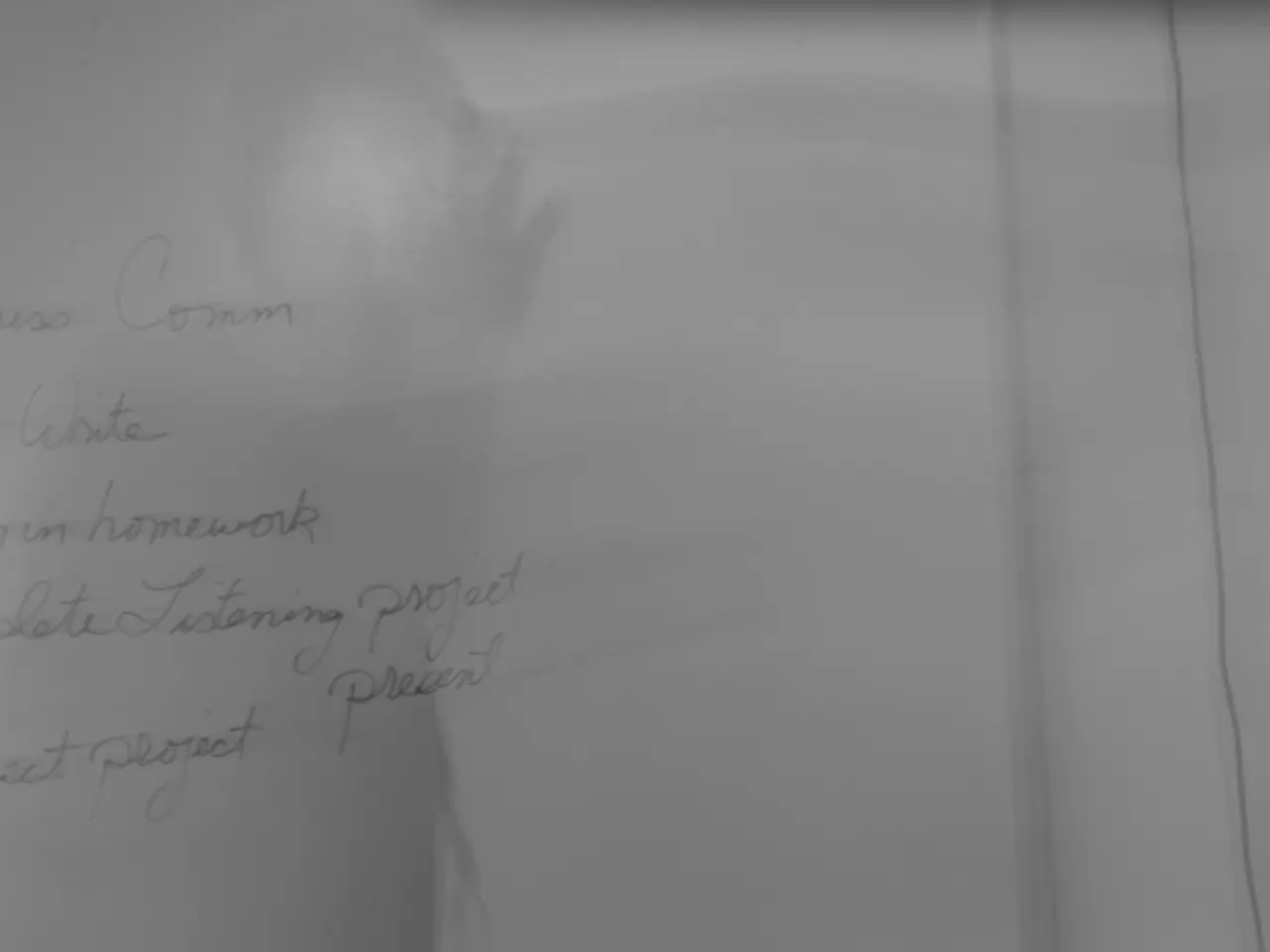Pressure Mounts as EU Evaluates US Customs Agreement Proposal: Merz and Macron Push for Rapid Decision with Trump
Leaders Merz and Macron urge swift customs agreement with Trump
With less than two weeks until a critical deadline set by former US President Donald Trump looms, discussions over a customs agreement between the USA and the EU are in high gear. The EU is currently reviewing a proposed offer from the US, hoping to reach an agreement before July 9. Chancellor Friedrich Merz and French President Emmanuel Macron are advocating for a quick conclusion.
The deadline Trump imposed for negotiations expires on July 9, with the EU Commission leading the negotiations. Both Merz and Macron have called for a swift agreement, noting that "time is running out" and the process shouldn't drag on any longer. However, Macron stressed that he doesn't want a deal "at any price."
Merz has softened his criticism about the Commission's previous negotiation tactics, which he deemed "too complicated." He now emphasizes the need for a straight-forward agreement, prioritizing industries like automotive, chemical, and pharmaceuticals, as well as steel and aluminum exports.
While the Chancellor clarified that he has not criticized the Commission, he admitted that for the remaining time, a sophisticated trade agreement might not be feasible. Most EU politicians share this sentiment, recognizing the urgency in reaching a result.
Rumors suggest the agreement might adhere to a "Swiss Cheese" model, wherein a general US tariff of around ten percent could persist but potentially exempt essential sectors such as steel and automotive industries. Commission President Ursula von der Leyen has briefed high-level officials on the status of negotiations, stating that the EU is evaluating the US documents submitted for further talks.
Trump's trade policies have caused international friction, with numerous trading partners caught up in his tariff skirmishes. Should negotiations between the US and EU fail, the EU has prepared counter-tariffs, which include items like jeans, aluminum products, and motorcycles. These tariffs, totaling around €95 billion worth of American products, provide the EU with potential leverage in the ongoing trade disputes.
While the specific roles of Merz and Macron in the current customs or trade agreement negotiations are not clear from the available data, their calls for a quick resolution underscore the gravity of the situation and the urgency for a speedy decision regarding these crucial economic relations between the US and the EU.
[1] Trade Tensions Escalate between US and EU, with Tariff Increases on the Table[2] EU Readies Counter-Tariffs Against US as Trump Levies Duties on Steel and Aluminum[3] The Impact of US Tariffs on European Industries: A Preliminary Analysis[4] Trade Tensions Rise: What the US-EU Dispute Means for Global Economy
The Commission is not only proposing to increase the number of EU-funded projects in the field of education and training, but also advocating for a swift conclusion in the ongoing US customs agreement negotiations, as politics and general news unfold. The urgency in reaching an agreement before July 9 is evident, with Merz and Macron calling for a quick resolution, while also voicing their concerns that a deal "at any price" should be avoided.





